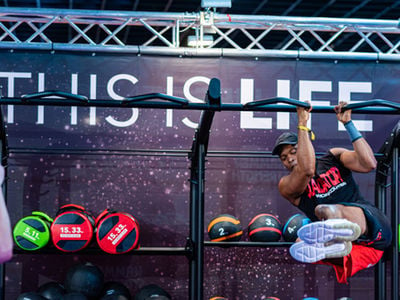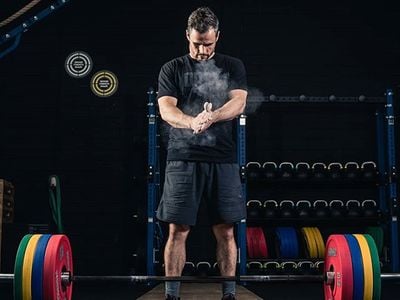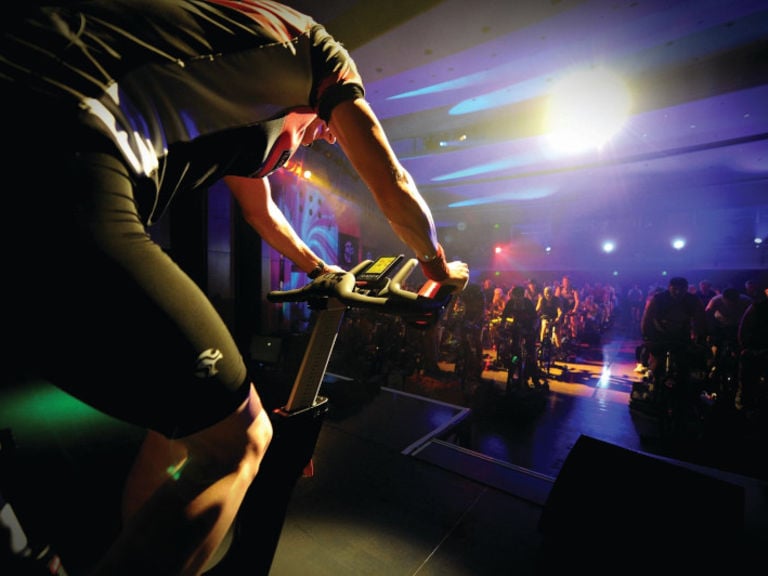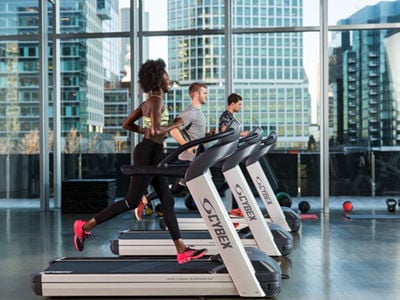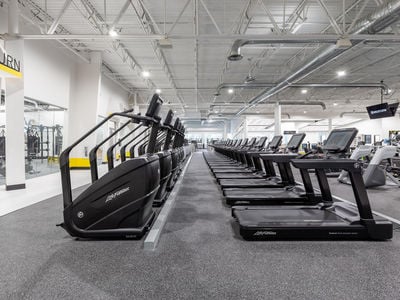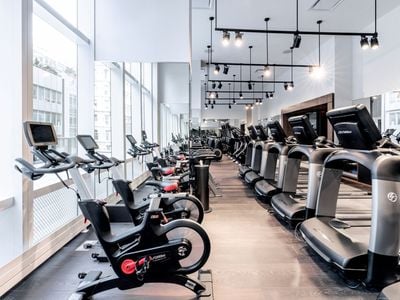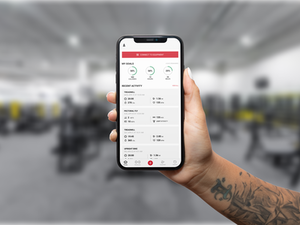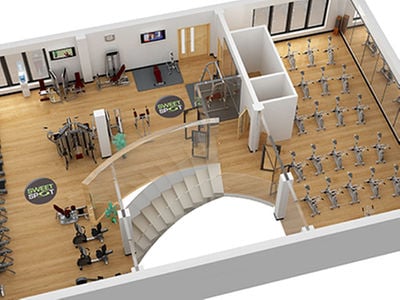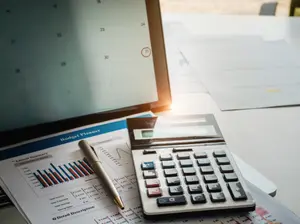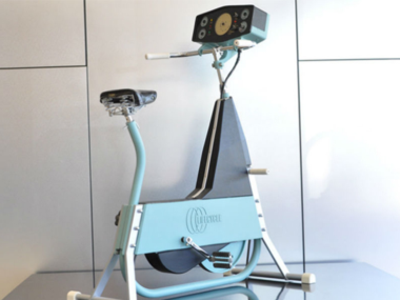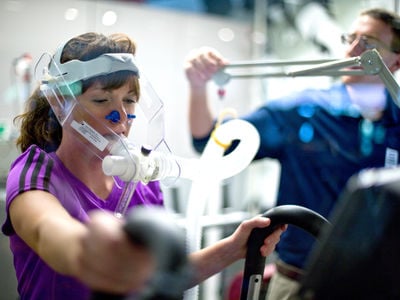This week is Sleep Awareness Week.
Exercise and sleep have a close relationship. No matter how fit and strong you are in the gym, if you’re regularly getting poor sleep, you aren’t getting the most out of your body. In fact, it’s probably setting you back in your fitness and health pursuits.
After all, you don’t recover from a workout and build muscle in the gym; that all happens at rest.
Inadequate sleep is also linked to many mental health problems including anxiety and depression, along with physical ailments such as sleep apnea and diabetes.
“Better awareness plus changing behaviours around sleep health is vital to improving the wellbeing of the 40 per cent of Australians who have inadequate sleep,” says Professor Dorothy Bruck, Chair of the Sleep Health Foundation.
Hormones
Lack of sleep can actually blunt your fitness and health efforts. One way is by throwing your hormones out of whack, which can lead to muscle loss and weight gain.
Being sleep deprived can raise cortisol, which breaks down muscle tissue. Cortisol also inhibits the pancreas from producing adequate insulin, which is needed to deliver glucose to your body’s cells.
Lack of sleep also affects testosterone and growth hormone, which you need for building muscle and all-round DNA repair. This includes repairing skin, hair and even sperm cells.
Appetite
Not only that, sleep deprivation raises the appetite-regulating hormone ghrelin. Research has shown that sleep deprived people consumed more calories because of snacking.
However, getting more sleep can actually help you lose weight. A 2010 study compared effects of sleeping for 8.5 hours compared to 5.5 hours in subjects who were on a reduced calorie diet. Researchers found that those who got more sleep lost an average of one kilo of fat more than those who were sleep-deprived. In addition, the sleep-deprived group burnt more muscle tissue, were hungrier and expended less energy overall.
Fitness and recovery
On the flipside, being fit and exercising regularly can help you improve your sleep.
Research has found that when sedentary people with sleep complaints started an exercise program, they were able to fall asleep earlier and stay asleep longer than previously.
More sleep can also improve performance in sports. A 2011 study published in the journal Sleep looked at what happens when athletes get extra sleep. Researchers found that university basketball players’ sprint time and free-throw percentage increased when they had more sleep. In addition, the study found the players had increased energy and better mood during training.
For more on how to get a better night’s sleep, see our previous article for Sleep Awareness Week on developing better sleep habits.
References
1 Buman, M.P. et al. (2011). ‘Exercise effects on night-to-night fluctuations in self-rated sleep among older adults with sleep complaints.’ J Sleep Res. 2011 Mar; 20 (1 Pt 1): 28–37. doi: 10.1111/j.1365-2869.2010.00866.x
2 Penev, P. (2008). 22nd Annual Meeting of the Associated Professional Sleep Societies, Baltimore June 7-12, 2008. Sleep. 2008;31 Suppl:A1-382. PMID:18574901
3 Nedektchevam, A.V., et al (2010). ‘Insufficient sleep undermines dietary efforts to reduce adipose.’ Ann Intern Med. 153:435–44. doi:10.7326/0003-4819-153-7-201010050-00006
4 Cheri, D. et al. (2011). ‘The effects of sleep extension on the athletic performance of collegiate basketball players.’ Sleep. 2011 Jul 1; 34(7): 943–950.
Published online 2011 Jul 1. doi: 10.5665/SLEEP.1132


